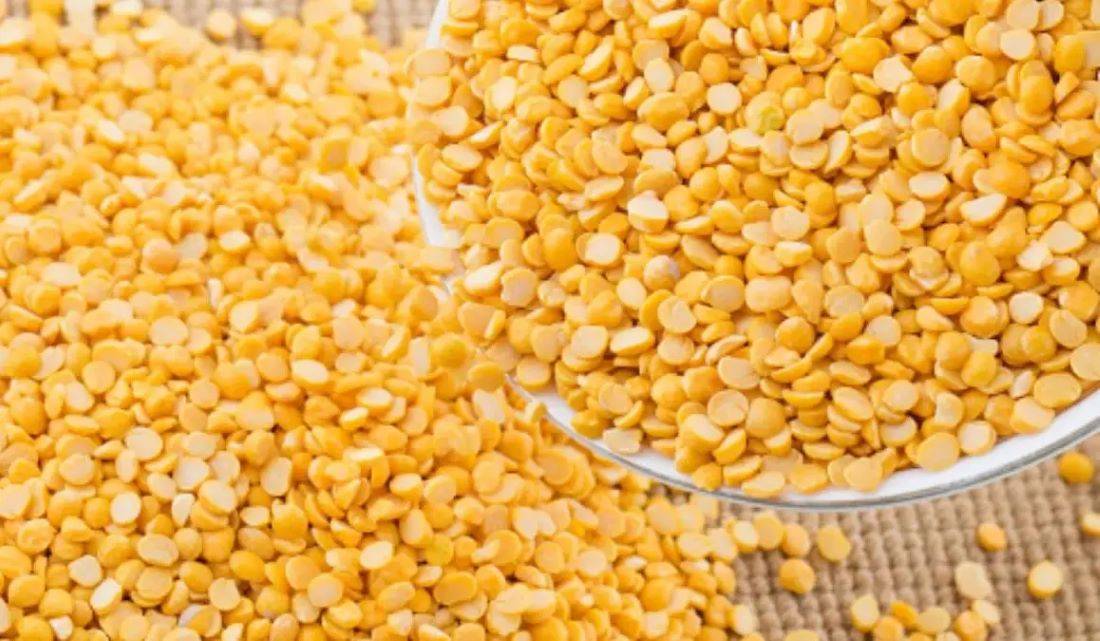
In a move to encourage farmers and increase production, the committee of secretaries has approved the removal of quantitative limits on the procurement of tur (pigeon peas), urad (black gram), and masur (lentil) under the Price Support Scheme (PSS) for the year 2023-24. The decision, made by the Centre, aims to signal farmers to expand their cultivation areas and enhance the production of these pulses.
The Consumer Affairs Ministry announced that the government is removing the ceiling for procurement of tur, urad, and masur under PSS for 2023-24, and farmers are now free to sell any amount of their produce this year. The ministry stated that this policy change is aimed at boosting domestic production and is expected to encourage farmers to sow more tur and urad during the current kharif season and increase the production of masur during the rabi season.
The proposal to remove the quantitative limit on pulse procurement under the PSS scheme was put forward by the Ministry of Agriculture, which manages the scheme, and was approved by the committee of secretaries, headed by the Cabinet Secretary. The government is highly concerned about the production of pulses as any decline in production could lead to price inflation.
Under the Price Support Scheme, the government purchases a maximum of 25 percent of the production of pulses and oilseeds from farmers at their minimum support prices (MSPs) when the mandi rates fall below these benchmark prices. However, if states request, the ceiling can be enhanced to 40 percent.
In addition to the removal of the quantitative limit on procurement, the Centre has also imposed stock limits until October 31 for tur dal and urad dal. Wholesalers, retailers, big chain retailers, millers, and importers are prohibited from keeping these pulses beyond the specified limit.
According to the new stock limit regulations, wholesalers are allowed to stock up to 200 tonnes of each pulse, while retailers are limited to 5 tonnes. Each retail outlet is also restricted to 5 tonnes, and big chain retailers can store up to 200 tonnes at their depot. Millers, on the other hand, have a limit equivalent to the last three months of production or 25 percent of their annual installed capacity, whichever is higher. Importers are required to dispose of imported stock within 30 days of Customs clearance.
The Consumer Affairs Ministry stated that the Indian government had issued the order in order to prevent hoarding and unscrupulous speculation, and also to improve affordability for consumers regarding tur dal and urad dal.
To ensure the strict enforcement of stock limits, the Department of Consumer Affairs has directed state governments to monitor prices and the stock position by verifying with various warehouse operators. The Central Warehousing Corporation (CWC) and State Warehousing Corporations (SWCs) have been instructed to provide details regarding the quantity of tur and urad stored in their warehouses.

















